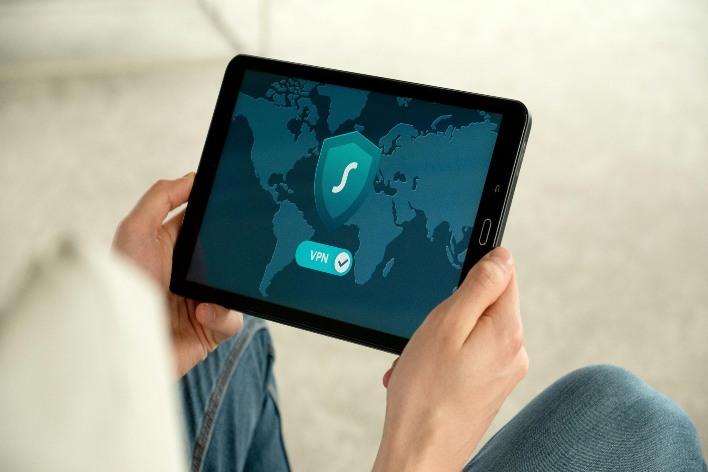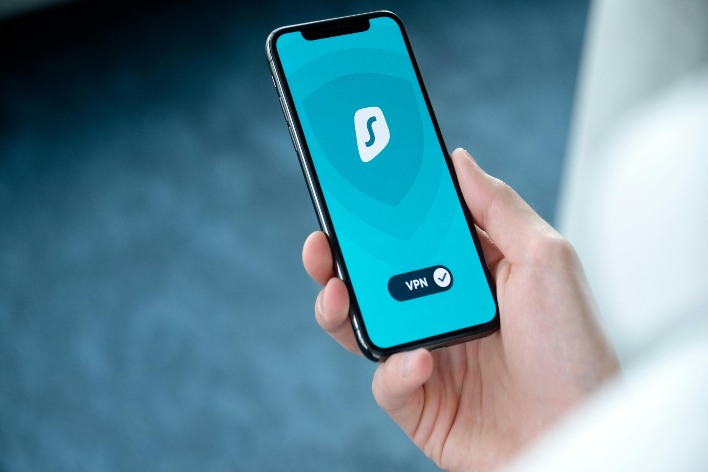The Risks of Downloading Apps from Unknown Sources: Know about Safe App Downloads

App Store has taken over the digital space. There are different kinds of apps, including those games, those aiming to educate you on stuff, and more. They learn, play, and connect to other stuff. Well, not every app is trusted. So, be cautious when you download apps, especially from unknown sources. It will help prevent danger on your device and you personally as you enjoy free safe app downloads. Now that we know what an application is, let's get into what makes app safety so important, avoiding malware, and some suggestions that ensure you are downloading applications safely.
What is App Safety?
App Safety is the measures and practices undertaken to prevent harming your device or your data. Getting apps from trusted sources will give a lot more confidence that it has been checked for safety. Official app stores like Apple's App Store and Google's Play Store have pretty strict guidelines, making sure safe app downloads.
Sources that do not verify can install untrusted apps since they might have not undergone any testing and vetting. The reasons why secure app download procedures are:
Prevention of Malicious Software: Apps downloaded from reputable sources will undergo a vetting process to ensure whether they contain malicious software. This protects your device from viruses, malware, and other hostile applications.
Privacy Protection: Official stores have special privacy policies and procedures that protect your data. Apps from unknown sources do not have any of these protections and could put your data under the potential threat.
Relevant Updates: The trusted stores provide updates for the apps which fix bugs and weaknesses at the security level. Apps from unknown sources may never get an update and hence may be vulnerable with time.
Why Care about Avoiding Malware?
Malware is designed to inflict damage or disrupt your device, though it may cause some form of personal data theft, and in bad cases. Apps coming from unknown sources are likely to contain malware because they haven't had any safety scans. Here's why it's so important to avoid malware:
Malware Damage Your Device: They may slow down, freeze, or make your device behave erratically. It's annoying and expensive to mend or even replace your gadget.
Theft of Data: Some of the malware is targeted in a way to steal private information like passwords, credit card information, and other stuff that is sensitive. This will give them your identity and cause you financial loss.
Unwanted Charges: Certain kinds of malware can cause unknown charges on your accounts. As an example, some malware will secretly buy something else or sign you up for services using another account.
Safe Download of Apps
It is necessary to build an awareness of safe app downloads. Always be more cautious and download apps from credible sources. Here are additional ways how to prevent yourself from getting malware:
Verify the developers of the apps: They should know who developed the application and whether they are, in fact, well known. A company or a prominent developer would provide a safer and more secure app for download.
Read before downloading: Find information that has been written about the app as well as reviews from other users. This will enable them to find possible issues before downloading the app.
Tips for Safe Download of Apps
The source is not sufficient to ensure safe app downloads unless it has proved itself to be the right one to download apps. Here are some practical tips to stay on the safer side:
Only Download from Official Stores: The safest store place for download is considered to be the official store, be it Apple App Store or Google Play Store. The process followed there involves reviews and evaluation according to strict guidelines.
Check Reviews and Ratings from Other Users: Check ratings and reviews that other users provided the app. High ratings and good reviews usually give you the tendency that the app is reliable. Be cautious if you see much negative feedback or that reviews look fake.
Review Application Permissions: Some ask for access to features or information they don't need. For example, a flashlight app shouldn't need access to your contact list or camera. Be aware of apps requesting improper permission requests.
Keep Apps and Operating Systems Updated: Most updates include critical security patches. Keep your apps up-to-date and ensure your operating system is protected against new threats.
Install Antivirus or Other Safety Software: You can install antivirus or any other type of security software on your device that will help detect the presence of malware and prevent it from spreading. Most good security software offers live protection- to protect the devices against malicious attacks.
Be Careful with Downloading from Unknown Sources: If you decide to download an app from another source, make sure to inspect it well. Be careful of sites that seem too good to be true and do not get overly excited by exciting apps.
How to Identify Potentially Harmful Apps?

Just because you download an app from a developer you don't know does not necessarily mean it's malicious, but many of them are. Here are some indicators that could suggest that an app is unsafe:
Strange Behavior: If your device behaves strangely or slows down constantly and starts freezing many times, it may even be infected with malware. Other forms of unusual behavior can also include pop-ups or ads no one would expect.
Too Good to Be True: Some are applications that promise very unrealistic results or deliver services that would easily be considered too good to be true. For example, an application claiming it would give you free money or some extraordinary benefits with no effort put in on your part is most likely a scam.
Lack of Reviews or Ratings: Applications that have no review or rating from its users are a bad sign. Trustworthy applications generally have feedback from other people which can prove the efficiency and safety of using such an app.
There is No Clear Contact Information: Trustable applications normally provide clear contact information coming from the developer or company. If an application does not provide any contact information or has an amateur-looking site, that's a bad sign.
What to Do If You Suspect Malware?
If You Feel Malware In case you feel an application contains malware, then the possibility is that you should act quickly and remove that malicious application for the protection of your device and personal information:
Remove the App: The thing that you do first is to remove the suspicious app from your device. This will delete not only the suspicious app but also the malware associated with it from your entire system.
Security Scan: Perform a full scan with whatever security software you have installed on your computer and that should remove any other threats that may remain.
Change the Passwords: Change your account passwords if hackers might have accessed or obtained some part of your personal information, especially email, social media, and financial account IDs.
Monitor Your Accounts: Keep track of your bank and credit card statements for any suspicious activity. If there are unauthorized charges on those statements, you should take action to dispute them right away.
The Bottom Line about Safe App Downloads
A critical measure to guard your device and personal data is ensuring safe app downloads. To become carefree with your preferred applications, you are free to download them from trustworthy sources while averting malware, just like in the general safety tips that would help you enjoy your favorite application without raising a single cause. Be cautious every time you download an application, keeping in mind reading reviews, permissions, and developer information.
Remember, good habits in-app safety will help you to keep your device secure and your information private. Choose wisely as far as apps go, download the coolest games and the most useful tools-and do your homework beforehand if possible. And with all that in mind, you can enjoy the great world of apps without compromising health and safety in your digital life.
FAQs
1. Can I trust apps that offer free services or products?
Whereas most of the free applications are safe, some may offer free services or goods and access your personal information or just serve advertisements. Be sure to read the reviews, what permissions the application requires, and know the developer of the application before downloading.
2. How do I know that an app has been vetted?
Apps found in the online app stores, which are either an Apple App Store or Google Play Store, usually carry some rating. Check which apps have a high ranking or rating, contain many good reviews, and if possible, come from reliable developers.
3. What are app permissions and why do they matter?
App permission is the request made by applications to use features or data on your device, for instance, your camera or contacts. They matter since applications that request more permissions than they need may be attempting to attain information that exceeds more than one that it requires.
If you found this article helpful, share it with your friends and family to help them stay safe with app downloads too. By spreading the word about safe app downloads, we can all enjoy our favorite apps while keeping our devices and personal information secure.
NCERT Solutions | Sample Papers | CBSE SYLLABUS| Calculators | Converters | Stories For Kids | Poems for kids| Learning Concepts I Practice Worksheets I Formulas | Blogs
Related Blogs
Admissions Open for 2025-26
CBSE Schools In Popular Cities
CBSE Schools in Bangalore
CBSE Schools in Mumbai
CBSE Schools in Pune
CBSE Schools in Hyderabad
CBSE Schools in Chennai
CBSE Schools in Gurgaon
CBSE Schools in Kolkata
CBSE Schools in Indore
CBSE Schools in Sonipat
CBSE Schools in Delhi
CBSE Schools in Rohtak
CBSE Schools in Bhopal
CBSE Schools in Aurangabad
CBSE Schools in Jabalpur
CBSE Schools in Jaipur
CBSE Schools in Jodhpur
CBSE Schools in Nagpur
CBSE Schools in Ahmednagar
CBSE School In Tumkur

